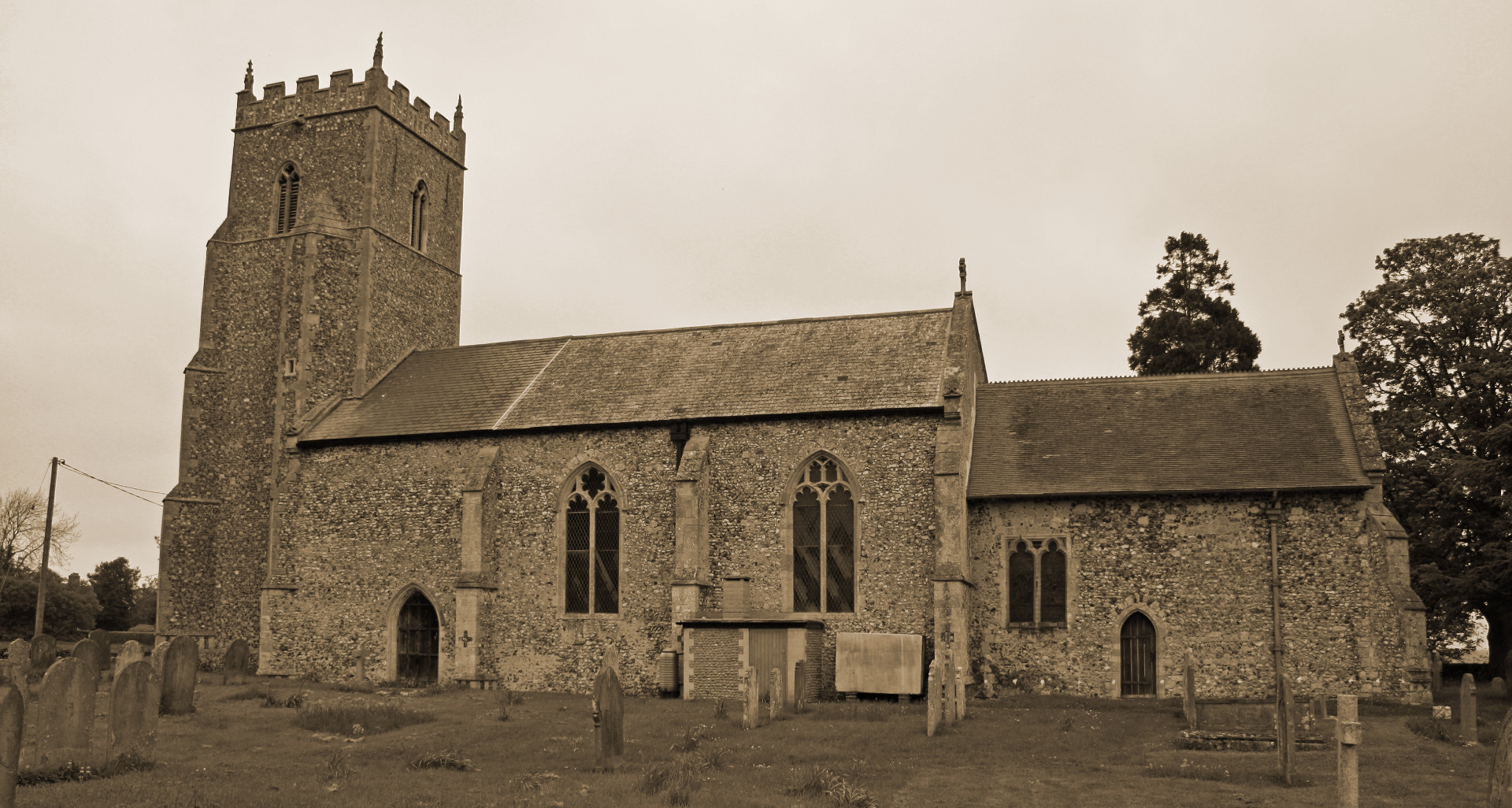Sir Robert John Harvey
The Major General ...
Major General Sir Robert John Harvey

Image above is from an engraving by Thomas Lupton, 4 Keppel Street, Russel Square.
Robert, son of John Harvey (1755-1842) and Frances Kerrison (1765-1809) was born on 21 February 1785 in Thorpe, and was christened on 19 April in Norwich. Robert married his cousin Charlotte Mary Harvey (1793- 1869), only child and heir of Robert Harvey Esq (1753-1820) and Charlotte Purdy. Robert inherited his Uncle Robert Harvey's estate and so between them Robert and Charlotte were very wealthy.
Robert and Charlotte had the following children: Julia (1816-1893) who married 1st Capt Samuel Ives Sutton (1807-1850) son of Adam Sutton of Ditchingham with a second marriage to Peter Wells; Sir Robert John Harvey (1817-1870); Emma Harvey (18??-1895) who married Rev Henry Churchman Long, Rector of Newton and Swainsthorpe, son of Rev C Long of Dunston Hall; Maria Frances Harvey (1821-1845); John Harvey (1822-1874); Charles Onley Harvey (18??-1824); Edward Kerrison Harvey (1826-1906) who married Emma Susanna Chevallier (1828-1886) with a second marriage to Sophia Elizabeth Beevor (1843-1924); Archibald Harvey (18??-1827).
Robert had a very distinguished miltary career. In the expedition sent to Portugal in March 1809, under the command of Major-General Lord Hill, he served as a Captain of the 53rd Foot Regiment. In 1810, he was made a Major and appointed Assistant-Quarter-Master-General of the Portuguese Army attached to the Headquarters of the Portuguese Army's Commander-in-Chief - Marshall William Carr Beresford. In 1811, Beresford appointed him to General-Headquarters of Marshall Lord Wellington - Commander-in-Chief of the Allied Forces, as a liaison Officer with the Portuguese troops in the field and as Chief of the Staff of the Portuguese Army, in his absence. He remained in this position till the end of the war in 1814.
During the first years of the War his services were particularly relevant in organizing nine Portuguese Guerrilla Corps, the Ordenanças and in intelligence services owing to his superior linguist abilities and perfect domain of the French and German languages.
He was present namely, at the battles of Oporto, Buçaco, Salamanca, Vitoria, Pyrenees, Nive, Nivelle, Orthez, Toulouse and in the sieges of Ciudad Rodrigo, Burgos, Badajoz and San Sebastian. After the capture of Badajoz (April 1812) Robert was made a Lieutenant-Colonel in the Portuguese Army. After Salamanca and Vitória, Harvey was promoted a Lieutenant-Colonel in the British Army, on the recommendation of Lord Wellington.
For his distinguished services in the Peninsular War he was made by the King of Portugal a knight of the Order of the Tower and Sword (British Royal Warrant of May 1816). The Prince Regent awarded him a knighthood, in February, 6th, 1817, and in 1831 he was made a Companion of the Order of the Bath.
Robert died on 18 June 1860, at Norwich, aged 75 and was buried in the Mausoleum in St. Mary's churchyard which he had erected in the churchyard in 1855.


